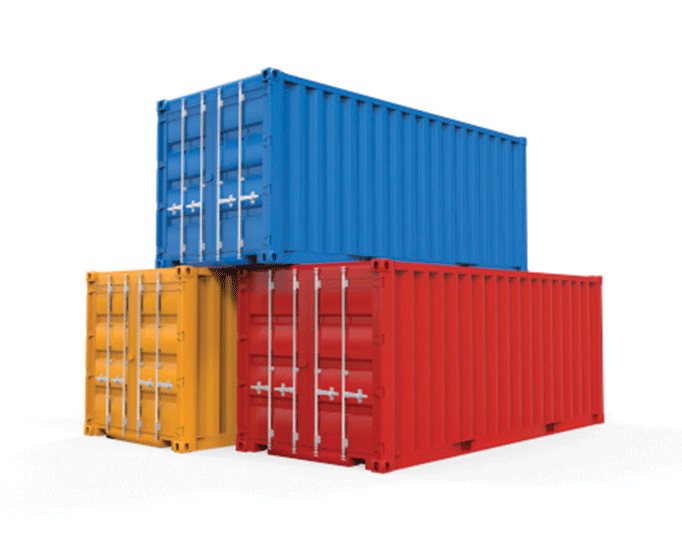
Dubai’s latest shopping center is a far cry from the giant air-conditioned supermalls that have drawn shoppers by the millions from around the region. Instead, it is a pre-fab souk made from 220 recycled and brightly repainted corrugated-steel shipping containers stacked horizontally and vertically. It has been getting a lot of attention from the retail and development community, some of it unwanted. The project, opened in February by Dubai-based Meraas Holding, has transformed a bustling street into essentially an outdoor mall with a colorfully designed array of 44 shops, boutiques, cafés and restaurants, with plenty of convenient parking. The developer has high hopes that Boxpark, as it is called, will become the next trendy hangout. Boxpark is Meraas Holding’s third major outdoor retail project in the past two years, after The Beach and City Walk.
“The innovative design using recycled shipping containers and an eclectic mix of New Age retailers and restaurateurs represents the new era of Dubai retailing,” said Phil McArthur, founder and managing director of McArthur & Co., a Dubai-based shopping center consultant firm.
Among the reported offerings are Dri Dri, an all-natural Italian gelato store; Polliwalks, a children’s shoe store; Rundholz, a high-end German fashion brand; and The Zoo Concept, which specializes in innovative gifts, clothes and accessories. There are also international brands: Adidas, Nike, Swatch and the like. Among the restaurants are Big Smoke Burger, Gossip Desserts and Operation Falafel.
Giving cast-off containers a new purpose in this way adds to the development’s appeal. Since American trucking executive Malcolm P. McLean invented shipping containers in 1955, they have become what author Simon Winchester has called the most conspicuous “emblem of the globalized economy.” They are strong, stackable and affordable. But who knew they could be so adaptable? In Austin, Texas, they house a sushi bar; in Thailand they became a sandwich shop; and in Christchurch, New Zealand, they reincarnated as a temporary strip mall — after a devastating earthquake.
Using shipping containers to construct an entire marketplace, though, is a concept that most notably saw success when Boxpark Shoreditch popped up in the heart of East London in 2011, designed by Waugh Thistleton and developed by Roger Wade, the CEO and founder. Wade’s company reportedly trademarked Boxpark in the U.K., Europe and the U.S. But the United Arab Emirates is not covered by the International Trademark System, and Meraas Holding appropriated the name in September 2014, according to published reports. In February, as Boxpark Dubai was officially opening, Wade accused Meraas of stealing his company’s name and demanded that the developer cease and desist. So as the controversy over Boxpark’s name heats up in Dubai, a hotter question also looms. “Dubai and Middle East consumers love the regional mall format and the air-conditioned environment,” McArthur observed. “One of the challenges for all outdoor retail development is how will the consumer shop during Dubai’s harsh summer climate.”